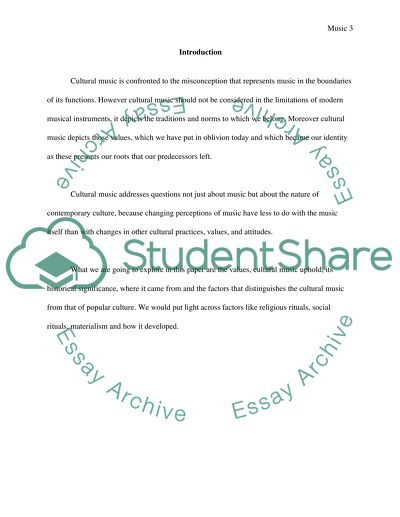Cite this document
(“Cultural Music Essay Example | Topics and Well Written Essays - 2500 words”, n.d.)
Retrieved from https://studentshare.org/miscellaneous/1523594-cultural-music
Retrieved from https://studentshare.org/miscellaneous/1523594-cultural-music
(Cultural Music Essay Example | Topics and Well Written Essays - 2500 Words)
https://studentshare.org/miscellaneous/1523594-cultural-music.
https://studentshare.org/miscellaneous/1523594-cultural-music.
“Cultural Music Essay Example | Topics and Well Written Essays - 2500 Words”, n.d. https://studentshare.org/miscellaneous/1523594-cultural-music.


